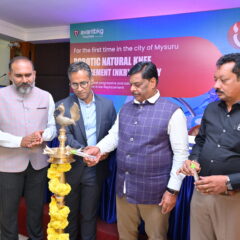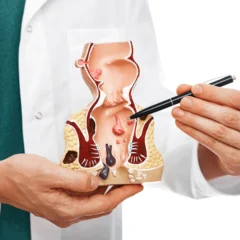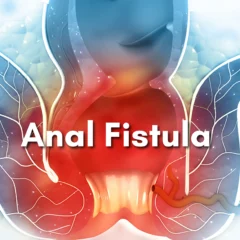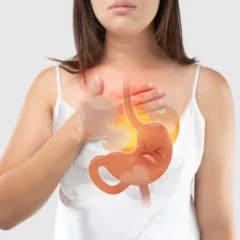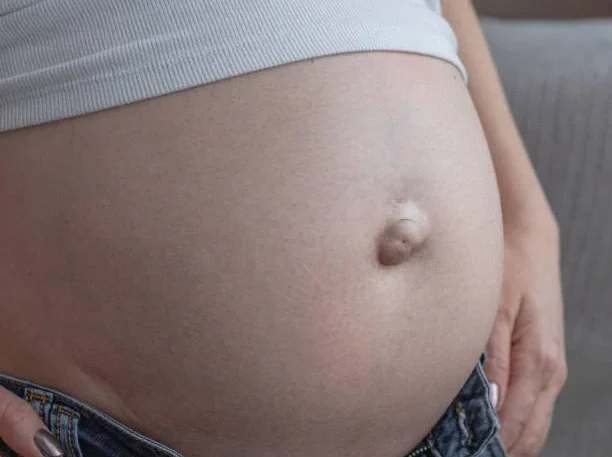
Hernia: a bulge that shouldn’t be there
What is a hernia?
A hernia is a condition that occurs when an organ or tissue bulges through a weak spot or opening in the muscle or tissue that normally holds it in place. Hernias can affect different parts of the body, but they are most common in the abdomen and groin areas. Hernias can cause pain, discomfort, and sometimes serious complications if left untreated. In this essay will explain what causes hernias, how to recognise them, how they are diagnosed, how they are treated, and how to prevent them.
Hernias are caused by a combination of muscle weakness and increased pressure inside the abdomen. Muscle weakness can be present from birth (congenital) or develop over time due to aging, injury, surgery, or chronic conditions. Increased pressure inside the abdomen can result from coughing, sneezing, straining, lifting heavy objects, pregnancy, obesity, or constipation. When the pressure is too high for the weakened muscle or tissue to withstand, a part of an organ or tissue can push through the opening and form a hernia.
What are the types of hernias?

Inguinal hernia: This is the most common type of hernia, accounting for about 75% of all hernias.
Femoral hernia: This is a less common type of hernia that occurs when a part of the intestine or other tissue pushes through a weak spot in the upper thigh, near the groin.
Umbilical hernia: This type of hernia occurs when a part of the intestine or other tissue pushes through a weak spot in the abdominal wall near the belly button (umbilicus).
Hiatal hernia: This type of hernia occurs when a part of the stomach pushes through a weak spot in the diaphragm, which is the muscle that separates the chest from the abdomen.
Incisional hernia: This type of hernia occurs when a part of the intestine or other tissue pushes through a weak spot in an old surgical scar in the abdominal wall.
Ventral hernia: This is a general term for any type of hernia that occurs through the front wall of the abdomen.
How to diagnose a hernia?
To diagnose a hernia, your doctor will perform a physical exam and ask you about your symptoms and medical history. Your doctor will look for a bulge or lump in your abdomen or groin area that may change size or shape depending on your position or activity. You have require further imaging studies such as ultrasound or CT to evaluate them further or simple as a proof to claim insurance.
How are hernias treated?
The treatment of hernias depends on the type, size, location, and severity of the hernia, as well as your symptoms and overall health. Some hernias may not require any treatment if they are small, painless, and do not cause any complications. However, most hernias will eventually need surgical repair to prevent them from getting worse or causing serious problems. There are two main types of hernia surgery:

Open hernia repair: This is a traditional surgery that involves making an incision in your abdomen or groin and pushing the herniated tissue back into place. The surgeon then stitches the weakened muscle or tissue, often reinforcing it with a synthetic mesh (hernioplasty).
Minimally invasive hernia repair: This is a newer surgery that involves making several small incisions in your abdomen and using special instruments to repair your hernia. The surgeon may use laparoscopic or robotic techniques to perform the surgery. Laparoscopic surgery involves inserting a thin tube with a light and a camera (laparoscope) through one incision and using small tools through other incisions to fix the hernia. Robotic surgery involves using a computer-controlled device that mimics the movements of the surgeon’s hands. In both cases, the surgeon uses synthetic mesh to reinforce the muscle or tissue. This surgery is done under general anesthesia.
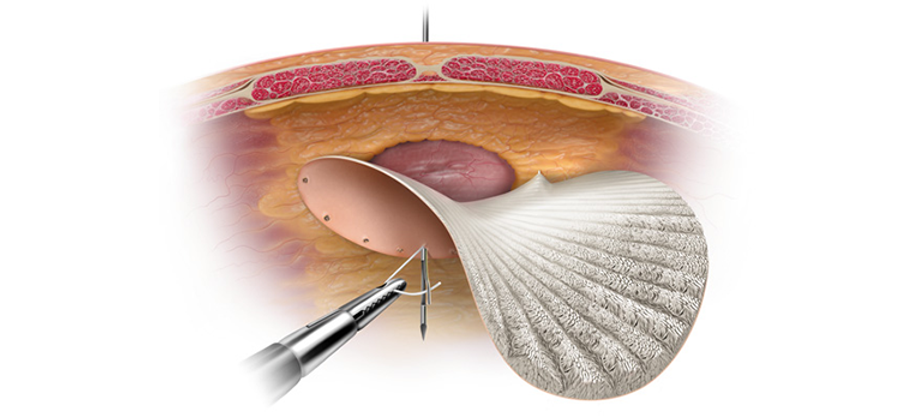
The advantages of minimally invasive hernia repair over open hernia repair include:
Smaller scars
Less pain
Faster recovery
Lower risk of infection
Lower risk of recurrence
How to prevent hernias?
Not all hernias can be prevented, but there are some steps you can take to reduce your risk of developing or worsening a hernia. These include:
Maintaining a healthy body weight: Being overweight or obese can increase the pressure on your abdominal wall and make it more likely for a hernia to occur or get worse. Losing weight can help reduce this pressure and improve your overall health.
Avoiding heavy lifting or straining: Lifting heavy objects or straining during bowel movements, urination, coughing, sneezing, or vomiting can increase the pressure on your abdominal wall and cause a hernia to protrude or enlarge. If you need to lift something heavy, use proper techniques such as bending your knees and keeping your back straight. If you have constipation, drink plenty of fluids and eat high-fiber foods to ease your bowel movements. If you have a chronic cough, seek medical attention to treat the underlying cause.
Eating a balanced diet: Eating a variety of foods that are rich in fiber, vitamins, minerals, and antioxidants can help keep your digestive system healthy and prevent constipation, acid reflux, and other conditions that can contribute to hernias.
Quitting smoking: Smoking can damage your lungs and cause chronic coughing, which can increase the pressure on your abdominal wall and lead to hernias. Smoking can also impair wound healing and increase the risk of infection after surgery. Quitting smoking can improve your lung function and overall health.
Exercising regularly: Exercising can help strengthen your abdominal muscles and improve your posture, which can prevent muscle weakness and reduce pressure on your abdominal wall. However, avoid exercises that put too much stress on your abdomen, such as jumping, squatting, or twisting. Consult your doctor before starting any new exercise program.
Acknowledgement
About the author

Dr Nikhil Nanjappa M.S., FRCS Ed., M.IPD Ed., M. FST Ed., is a consultant surgical gastroenterologist and a colorectal surgeon in Mysore & Coorg. He has recently returned from the United Kingdom after serving as a Consultant Surgeon at St. James’s University Hospital, Leeds. He is member of the British Hernia Society and has numerous publications about hernias in international journals. He is trained in complex abdominal wall hernia repair techniques and has teaching hernia surgeries since 2011. He is known for his extensive gastrointestinal, colorectal, laparoscopic, robotic and emergency general surgery expertise.
For appointments visit www.drnikhilnanjappa.com or call 9108127867

